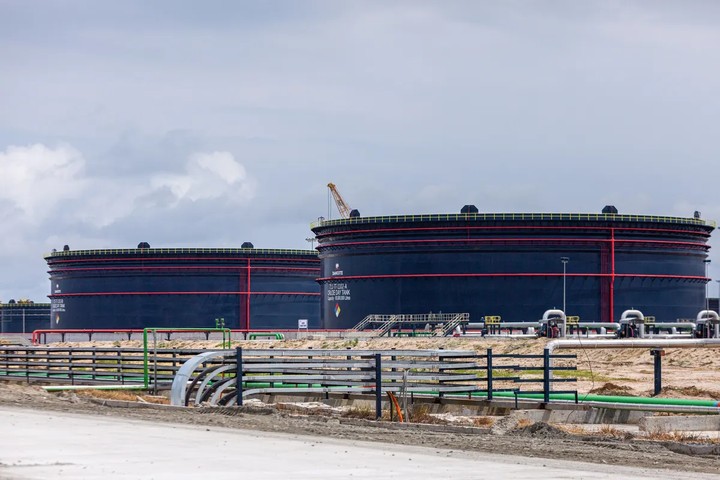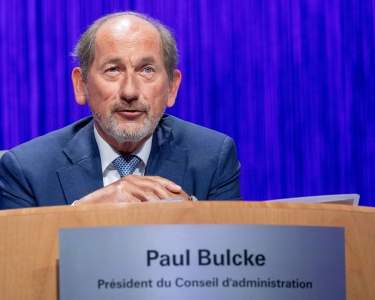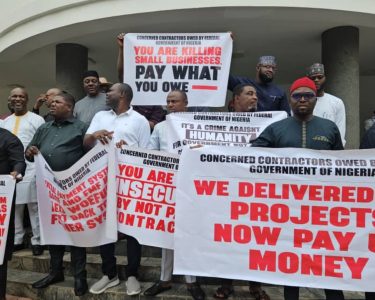Dangote Refinery
Business cuts petrol price to ₦820 per litre in second reduction within a week
- Ex-depot price slashed from ₦840 to ₦820 per litre as global crude prices fall
- Price cut expected to ease pump prices and lower costs for consumers and businesses
- Over 4,000 CNG trucks to begin nationwide delivery in August, saving ₦1.7 trillion annually
Lagos, Nigeria – The Dangote Petroleum Refinery has again reduced the ex-depot price of Premium Motor Spirit (PMS), commonly known as petrol, from ₦840 to ₦820 per litre, effective 8 July 2025. This marks the second reduction in a week and forms part of a broader strategy to stabilise fuel prices and ease economic pressure on Nigerians.
Announcing the new price, Dangote Group spokesperson Anthony Chiejina confirmed that the adjustment takes immediate effect. The move reflects a response to falling global crude oil prices, with Brent crude dipping to $67.81 and West Texas Intermediate to $64.97 per barrel, down from highs of $79 and $70, respectively, in recent weeks.
This latest cut continues a trend of price reductions by the refinery, which entered the fuel distribution market in late 2024. Ex-depot prices have dropped progressively from ₦970 in November 2024 to ₦899.50 in December and further to ₦815 by March 2025, as Dangote seeks to consolidate its position in Nigeria’s downstream sector.
The refinery’s pricing strategy has put pressure on private depots, many of which previously sold petrol at ₦855 per litre. Analysts say the price war is intensifying, with Dangote’s control of local refining allowing it to undercut importers, whose landing cost hovers around ₦774.72 per litre.
In a bid to further drive affordability, Dangote has committed over ₦720 billion to roll out 4,000 Compressed Natural Gas (CNG)-powered trucks beginning 15 August 2025. This distribution initiative is expected to absorb up to ₦1.07 trillion in delivery costs annually, saving consumers and marketers a projected ₦1.7 trillion each year.
By delivering fuel directly to filling stations and industries across Nigeria, the trucks are expected to cut pump prices even further and improve supply efficiency. It is also anticipated to benefit over 42 million Micro, Small, and Medium Enterprises (MSMEs) by reducing energy and logistics costs.
The ex-depot price refers to the cost at which marketers purchase fuel from Dangote’s refinery before adding transport and profit margins. If fully passed on to consumers, the latest ₦20 per litre reduction could bring retail pump prices to around ₦850 per litre in states like Lagos and Ogun, where transport costs are lower.
However, regional differences remain, with prices reaching ₦880 per litre in Abuja, and up to ₦970 in some areas. Many retailers are also still selling older stock bought at higher rates, with the Independent Petroleum Marketers Association of Nigeria (IPMAN) noting that premature price drops could lead to losses of up to ₦100 per litre.
Despite this, major marketers such as MRS, Ardova, Hyde, and Heyden, along with newer partners like TotalEnergies and Garima Petroleum, are expected to align with the new pricing in the coming days.
Dangote’s price cut is not only about market dominance; it could have broader economic implications as transport costs, which are closely tied to fuel prices, may drop slightly, particularly during the festive season, offering relief to commuters. Lower fuel prices could also reduce inflationary pressure, given the cascading effect of energy costs on the price of goods and services, while businesses and industries that rely heavily on petrol, including in agriculture and logistics, may see reduced operational expenses and improved productivity.
The move is seen as a boost for President Tinubu’s policy to encourage local refining and reduce Nigeria’s dependence on fuel imports. It also complements the government’s naira-for-crude initiative, which supplies local refineries with crude oil in exchange for fuel at stabilised rates.
Despite the reduction, many Nigerians remain sceptical about affordability, highlighting that even ₦820 per litre is too high for locally refined fuel, with some calling for prices as low as ₦300 per litre.
Market watchers also warn that the current relief may be short-lived. Dangote had previously raised petrol prices to ₦880 per litre in June 2025 in response to global crude price spikes. Similar fluctuations, coupled with exchange rate volatility, could reverse recent gains if not carefully managed.
The Dangote Refinery’s latest price cut marks a significant development in Nigeria’s downstream oil sector, offering cautious optimism for fuel affordability. While the immediate impact on pump prices depends on marketer compliance and regional logistics, the refinery’s broader investment in infrastructure and logistics suggests a long-term strategy to stabilise prices, enhance supply, and support economic recovery.
As Nigeria continues to grapple with inflation and high living costs, such interventions, if sustained and transparently implemented, could provide much-needed respite for households and businesses alike.







